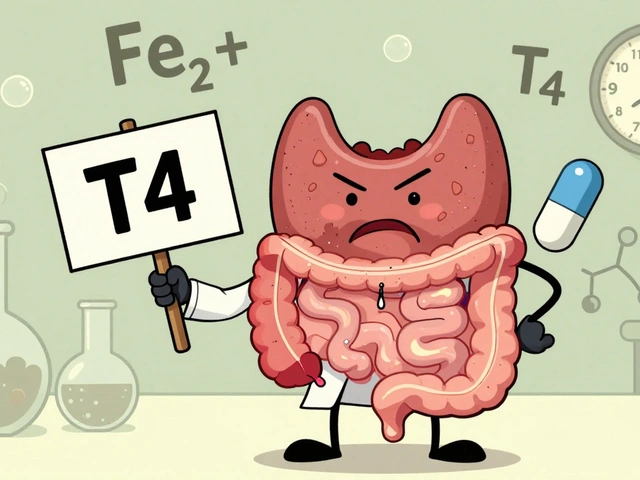Loudest Sneeze: Why Some Sneezes Explode So Hard
Ever been startled by a sneeze that sounded like a mini thunderclap? You’re not alone. Some people can blast a sneeze loud enough to echo down a hallway, and the reasons are surprisingly simple.
Sneezes happen when the lining of your nose or throat gets irritated. Your brain sends a signal to the muscles around your airway, and they contract like a tiny engine, pushing air out at high speed. The louder the sneeze, the more air is forced through a smaller opening.
What Makes a Sneeze Loud?
First, mouth shape matters. If you keep your lips tightly closed, the pressure builds up and releases in a sharp burst, creating a louder sound. Open mouth sneezes tend to be softer because the air can escape more easily.
Second, nasal congestion adds pressure. When your sinuses are clogged by a cold or allergies, the sneeze has to force its way through narrowed passages, which boosts the force and the noise.
Third, muscle strength plays a role. Some folks naturally have stronger diaphragm and chest muscles, so they can generate more force. It’s a bit like having a stronger lung‑push during a cough.
Finally, genetics and age matter. Kids often have higher-pitched sneezes, while adults can produce deeper, louder sounds. A family history of strong sneezes isn’t a myth—your genes can affect airway size and muscle tone.
Scientists have measured sneezes in decibels (dB). The average sneeze sits around 80‑90 dB, similar to busy traffic. The world record, set by a 2013 competition, hit roughly 151 dB—louder than a jet engine at take‑off.
Tips to Manage a Powerful Sneeze
If you know you’re prone to booming sneezes, a few habits can keep you and those around you safe. First, always have a tissue handy and cover both nose and mouth. This not only mutes the sound but also traps droplets that could spread germs.
Second, avoid holding a sneeze in. It may feel polite, but it can raise pressure inside your head and even cause a tiny blood vessel to burst, leading to a headache or nosebleed.
Third, stay hydrated. Moist mucus moves more smoothly, reducing the need for a super‑forceful sneeze. Drinking water throughout the day helps keep your nasal passages lubricated.
Fourth, manage allergies with antihistamines or nasal sprays. Less irritation means fewer triggers for that massive sneeze.
Lastly, if you work in a quiet environment, consider stepping away to a less‑busy spot before sneezing. A quick walk to the restroom or hallway gives you space to let the sneeze out without startling coworkers.
Bottom line: a loud sneeze is just a strong burst of air shaped by your mouth, nasal passages, and muscles. Knowing why it happens lets you control it better and keep the volume in check. Next time you feel a sneeze building, remember these tips and maybe save the audience from a surprise soundtrack!

World’s Loudest Sneeze Ever Recorded - How Powerful Can a Human Sneeze Get?
- By : Tamsin Riverton
- Date : Sep 25 2025
Explore the science behind the world’s loudest sneeze, how it’s measured, its health impact, and how it compares with everyday sneezes.




